Sour cream is known and appreciated in various cuisines. It is always welcome as a refreshing addition to Mexican food, forms the obligatory dip for potato wedges, and is an ingredient in many salad dressings.
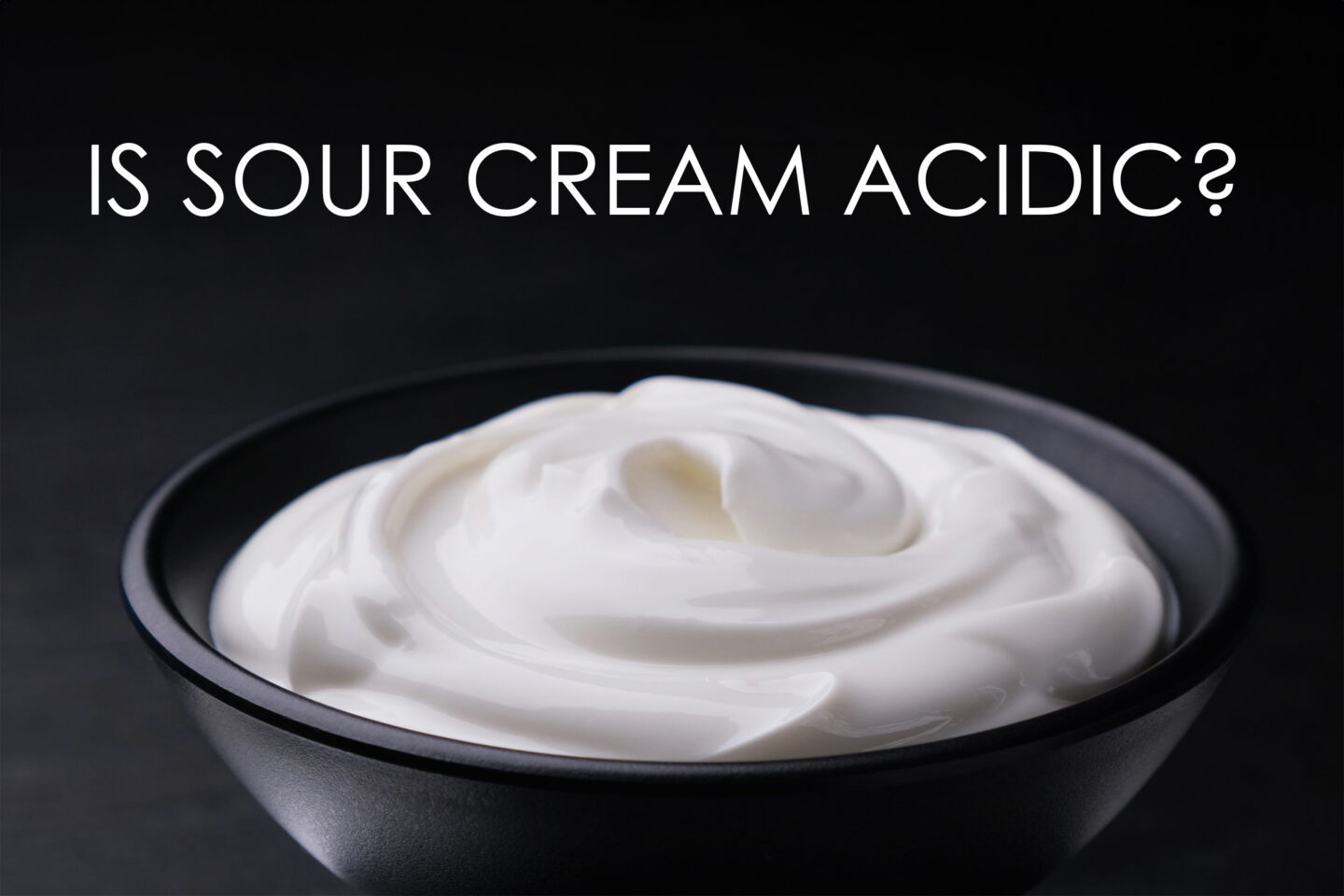
But is this delicious condiment actually healthy, or does the light taste overshadow uncomfortable consequences for our stomach? Is sour cream acidic?
Table of Contents
Is sour cream acidic?
Sour cream is acidic, and so are most other fermented foods like yogurts and buttermilk. Fermented dairy products are said to become even more acidic once consumed when they contain active cultures of helpful bacteria.
Sour cream has a pH of 4.5. The pH scale that measures the acidity of liquid solutions goes from 0 to 14.
With 7 being neutral and every number below 7 being acidic, this means the higher the number the lower the acidity of a given substance.
Therefore, sour cream is just mildly acidic, compared with, for example, soft drinks, which have a pH level of between 2.5 and 3.5!
This makes them almost as acidic as human stomach acid, the pH level of which ranges between 3.5 and 1.5.
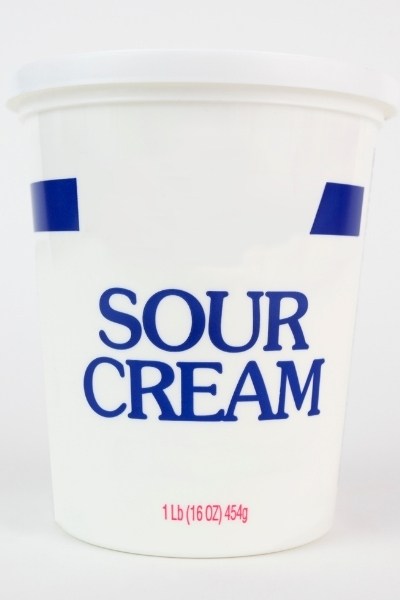
Extremely high pH levels, which means extremely low acidity, do not exist in food, but mostly in cleaning products.
At the top of the scale with a pH level of 14 is liquid drain cleaner, followed closely by bleach (13) and soapy water (12).
Due to its high-fat content, sour cream has a comparatively mild taste, which makes its acidity surprising to many.
Fermented dairy products like sour cream, yogurt, buttermilk, and cheese, all have significantly higher levels of acidity than milk, which, with a pH level of 6.7 to 6.9 is close to neutral.
The acidity level of a food as such, though, is not as important as the question of whether it is acid-forming or alkaline-forming.
Something with a high acidity does not necessarily form acid inside the body! While it is true that most milk products are acid-forming, yogurt and buttermilk are alkaline-forming, their low pH value notwithstanding.
This is why yogurt is often recommended to those who suffer from an often upset stomach and other troubles with digestion.
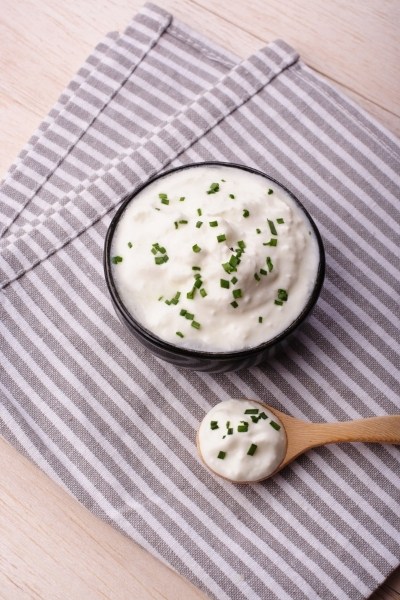
Opposed to the mild-tasting milk products that form acids in the body, sour citrus fruits surprisingly form alkaline when broken down during digestion.
Is Sour Cream Healthy?
Aside from the question of its pH level you might wonder if sour cream has any health benefits in general.
It can be said that since sour cream is mostly used as a garnish and thus consumed in very small amounts, it is not necessarily healthy but also not unhealthy.
Since some vitamins require a source of fat to be absorbed, a glob of sour cream on your otherwise healthy meal will be beneficial rather than damaging.
Sour cream is also low in carbohydrates, which means that it is compatible with diets that focus on a low carb intake.
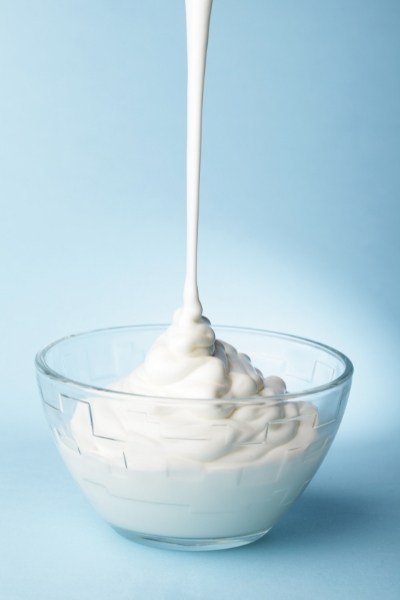
Are Acidic or Alkaline Food Items More Healthy?
It is difficult to keep up with all the different lifestyle and diet trends, but the alkaline diet has gained a lot of followers in recent years. Is it really healthier to only eat alkaline food?
While you can indeed say that people following an alkaline diet attain a healthier lifestyle, this does not have much to do with the alkaline foodstuffs they consume.
Rather, sorting food items into acidic, alkaline, or neutral categories leads to people being more aware of what they consume and replacing junk food and sweets with vegetables.
The resulting health benefits have less to do with the pH levels of their bodies and more to do with common sense!
Likewise, consuming too much dairy, meat, soft drinks, or alcohol is unhealthy, even though these things also happen to be acidic.
Optimistic and exaggerated claims that an alkaline diet can cure serious illnesses and even cancer have no scientific foundation.
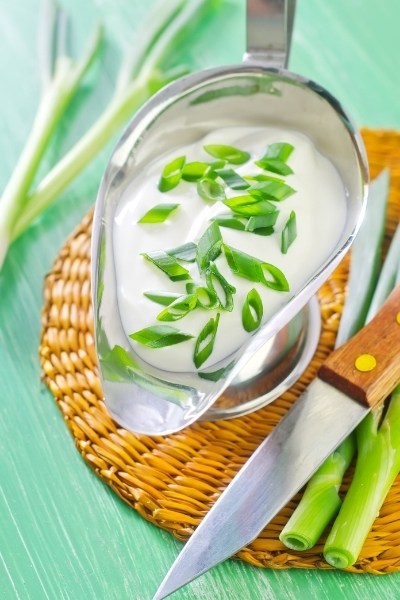
For people who suffer from chronic acid reflux and other gastric issues like bloating and belching after almost every meal, focusing on alkaline foods can help minimize these symptoms.
Alkaline foods include most vegetables, primarily green vegetables, ginger (this is why ginger tea is so helpful with stomach pain), lentils, sprouts, and most grains and beans.
Acidic foods to be avoided are most fruits (with the counterintuitive exception of grapefruits and lemons), meat, dairy, and most processed foods.
Don't know what to drink? Check out these articles: 20 Most and Least Acidic Juices and 20+ Alcoholic Drinks Ranked by Acidity Level
